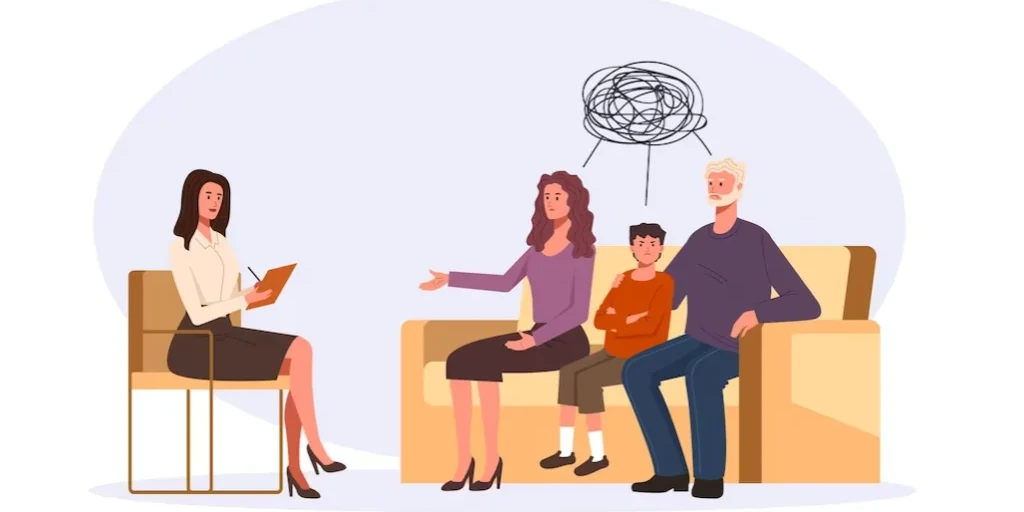24/7 Helpline:
(866) 899-221924/7 Helpline:
(866) 899-2219
Learn more about Group Therapy centers in Lafayette County
Group Therapy in Other Counties

Other Insurance Options

Ceridian

Anthem

Coventry Health Care

MVP Healthcare
Beacon

MHNNet Behavioral Health

Premera

Ambetter

American Behavioral

ComPsych

State Farm

Choice Care Network

BlueShield

Cigna

United Health Care

Optima

BlueCross

PHCS Network

BHS | Behavioral Health Systems

Carleon

Whispering Oaks Lodge
Whispering Oaks Lodge is a residential substance use disorder treatment facility treating drug addic...
































































MMO Behavioral Health Systems
MMO Behavioral Health Systems is a private rehab located in Duson, Louisiana. MMO Behavioral Health ...

Creek Nation Behavioral Health and Substance Abuse
Creek Nation Behavioral Health and Substance Abuse is a private rehab located in Broussard, Louisian...

Muscogee Creek Nation Behavioral Health
Muscogee Creek Nation Behavioral Health is a private rehab located in Broussard, Louisiana. Muscogee...

Eason Courts
Eason Courts is a private rehab located in Youngsville, North Carolina. Eason Courts specializes in ...
Beacon Light Behavioral Health – Youngsville
Beacon Light Behavioral Health – Youngsville is a private rehab located in Youngsville, Pennsylvania...























































